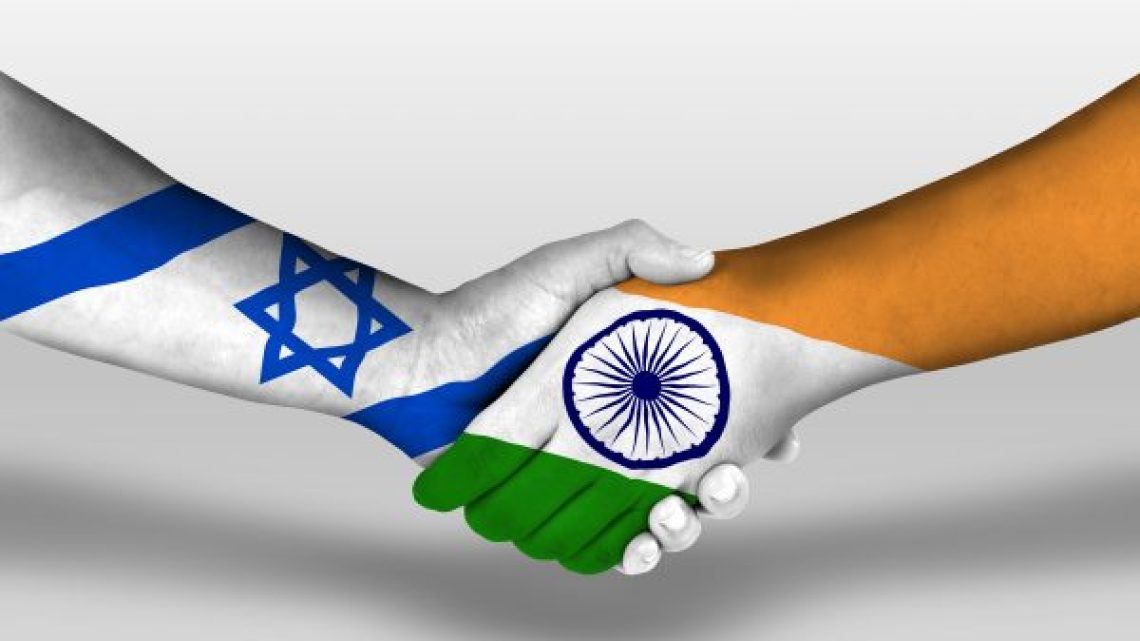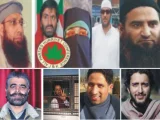
Unaccountable India and Israel Involved in Crimes Against Humanity
August 8, 2024Lee Rhiannon, a former Australian Senate member, has accused both India and Israel of committing crimes against humanity with impunity for the past 76 years. Speaking at an event in Sydney, she highlighted the lack of accountability for Indian government officials and soldiers, who she claims have faced no consequences for war crimes and genocide.
Rhiannon criticized Indian Prime Minister Narendra Modi for targeting not only Kashmiris but also their supporters, particularly Muslims and Sikhs, both within India and abroad. She cited incidents such as the assassination of a Sikh activist in Canada, allegedly orchestrated by an Indian official, and a similar conspiracy in the United States involving an Indian spy agency officer.
She urged Western governments to pressure India into halting its colonial practices in occupied Kashmir. Rhiannon emphasized the need for global cooperation to support Kashmir’s long-awaited right to self-determination before it is too late.
Dr. Ghulam Nabi Fai, Chairman of the World Forum for Peace & Justice, condemned India’s actions in Kashmir, particularly the abrogation of Article 370 and 35A on August 5, 2019. He referenced the United Nations’ stance, which reaffirms that the region’s status is governed by the UN Charter and relevant Security Council resolutions.
Dr. Fai argued that India’s new domicile laws, which allow non-Kashmiris to obtain residency and buy land, are part of an imperialist strategy to alter the region’s demographic and political landscape. He called on the international community to speak out against the oppression faced by Kashmiris under Indian occupation.
Rab Nawaz, Chairman of the Australian Forum for Kashmir, expressed solidarity with the Kashmiri people, affirming that the spirit of Kashmiris remains unbroken despite India’s efforts to suppress their aspirations for freedom and self-determination. He condemned the abrogation of Article 370 & 35A and the subsequent arrests of Hurriyat leaders, which he described as attempts to crush the Kashmiri resistance.
Qamar Zaman, Consul General, reiterated Pakistan’s unwavering support for Kashmir’s struggle against Indian occupation. He called on world powers to intervene and ensure that India reverses its actions, which violate international law and UN Security Council resolutions 91 of 1951 and 122 of 1957.
Dr. Amjad Magsi, President of the Federation of All Pakistan Universities Academic Staff Association, warned of the potential for a nuclear catastrophe, given that Kashmir borders three nuclear-armed nations—India, Pakistan, and China. He stressed the importance of resolving the Kashmir dispute for the sake of global peace and security.
Saima Jamil, a young diplomat who served as the event’s Emcee, praised the sacrifices made by the people of Kashmir. She urged the global community not to abandon them in their struggle for justice and self-determination.
This gathering highlighted the urgent need for international intervention to address the ongoing crisis in Kashmir, emphasizing that the world cannot remain silent in the face of such grave human rights violations.

